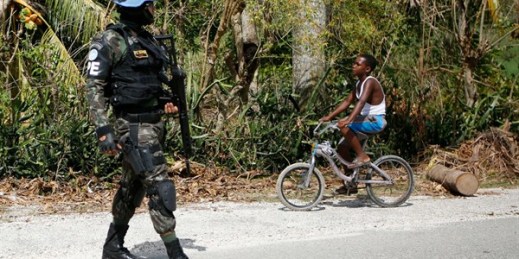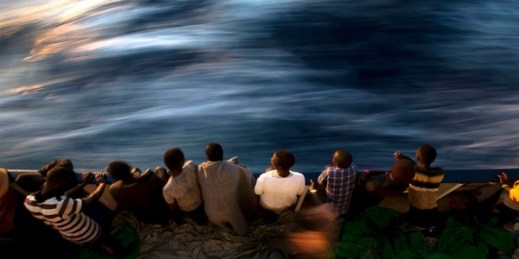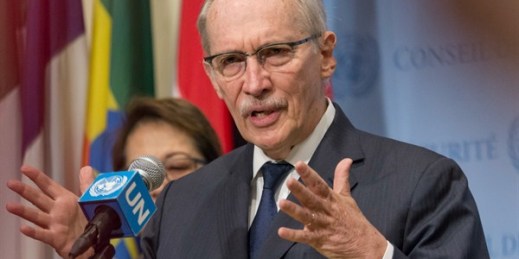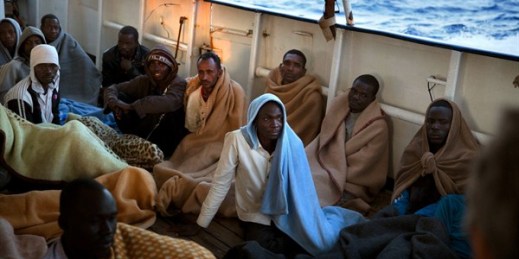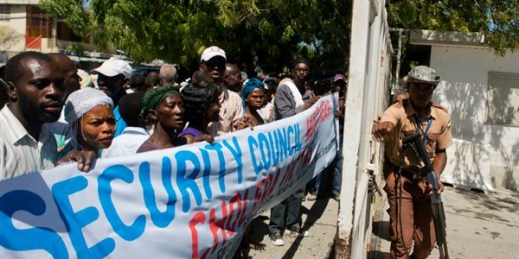
In this week’s Trend Lines podcast, WPR’s editor-in-chief, Judah Grunstein, and senior editor, Frederick Deknatel, discuss Iraq’s prospects for reconstruction and reconciliation after the liberation of Mosul. For the Report, Jake Johnston talks with Peter Dörrie about the problematic legacy of the U.N.’s stabilization mission in Haiti, and why accountability for past errors is key to its future role in the country. If you’d like to sign up for the beta version of WPR’s Africa-only subscription, you can do so here. It’s free for the first two months. And if you like what you hear on Trend Lines, as well […]

